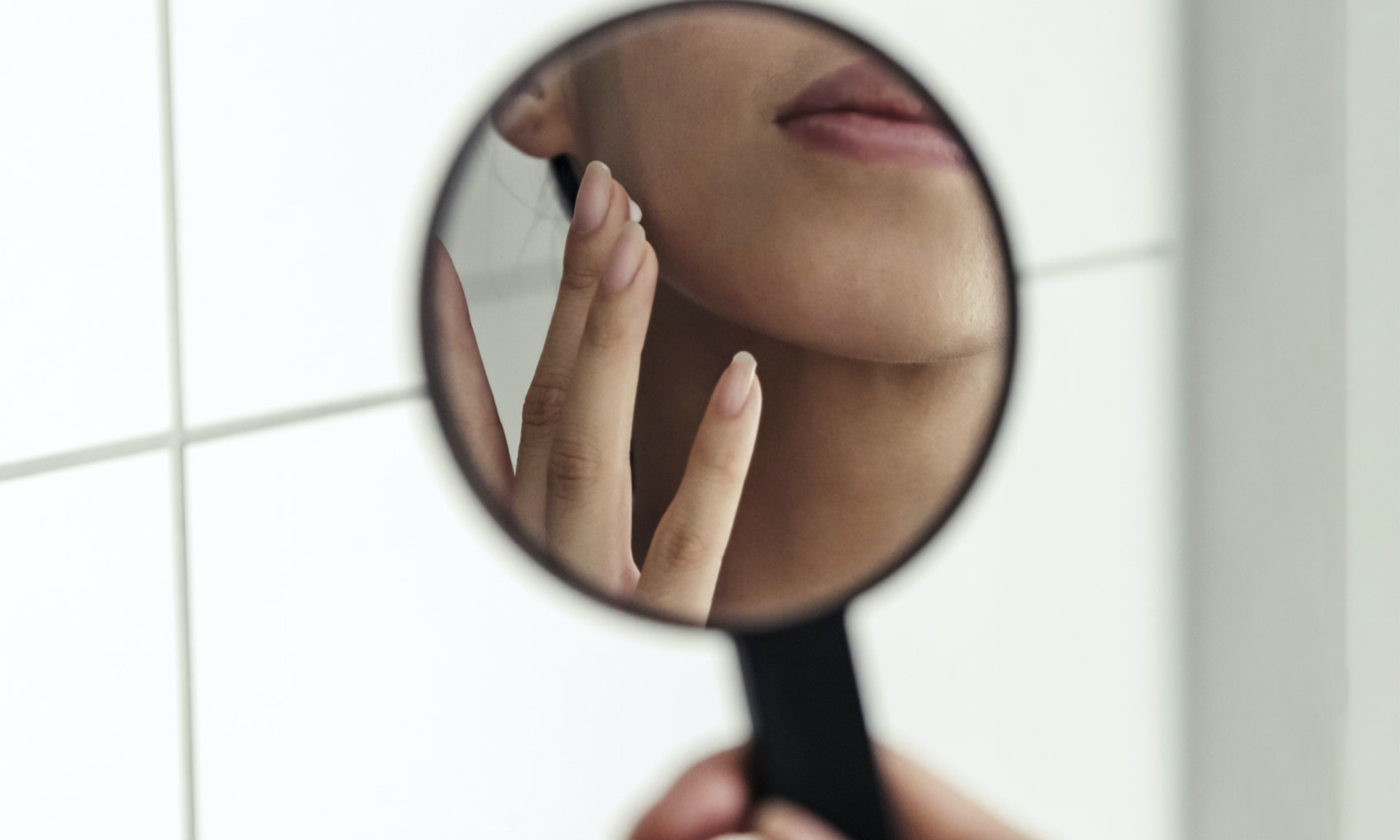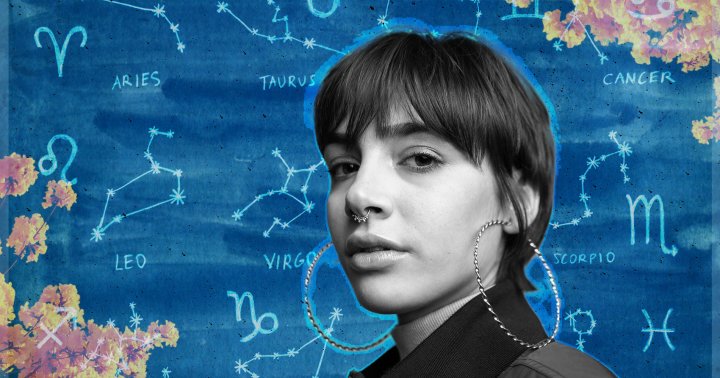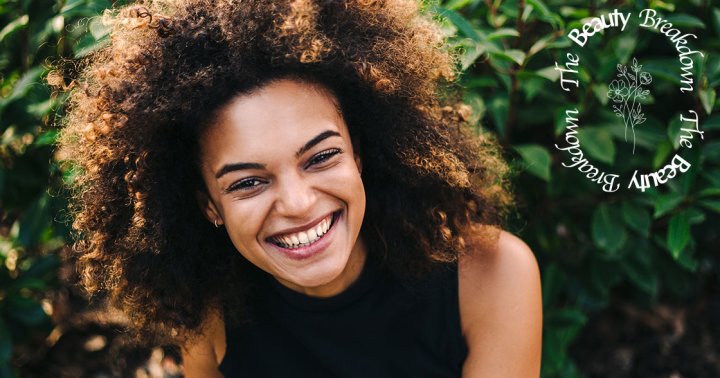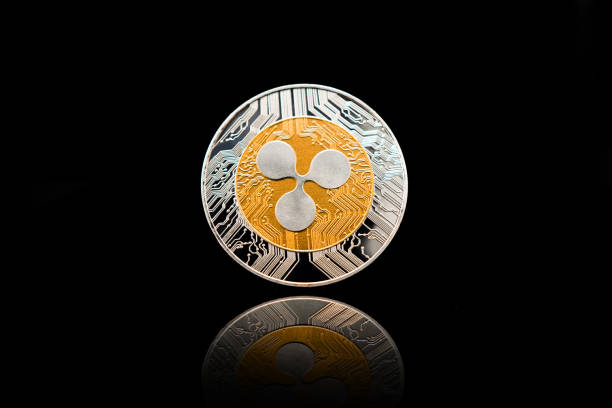Once & For All: Does Biotin Cause Breakouts? Derms Explain
Those prone to breakouts tend to tread quite lightly when adding supplements to their routine.

Advertisement
This ad is displayed using third party content and we do not control its accessibility features.

Beauty & Health Editor
Beauty & Health Editor
Hannah Frye is the Beauty & Health Editor at mindbodygreen. She has a B.S. in journalism and a minor in women’s, gender, and queer studies from California Polytechnic State University, San Luis Obispo. Hannah has written across lifestyle sections including beauty, women’s health, mental health, sustainability, social media trends, and more. She previously worked for Almost 30, a top-rated health and wellness podcast. In her current role, Hannah reports on the latest beauty trends and innovations, women’s health research, brain health news, and plenty more.
Image by Julien Tell / Death to the Stock Photo November 01, 2024 We carefully vet all products and services featured on mindbodygreen using our Our selections are never influenced by the commissions earned from our links. Those prone to breakouts tend to tread quite lightly when adding new products to their routine, be it topicals or supplements (since what you consume can totally show up on your skin). If this resonates with you, then you've probably heard whispers that biotin supplements can increase breakouts—but is that actually true? We wondered the same thing, so we asked dermatologists for answers. Below, a quick explanation and what to look out for in your next beauty supplement or multivitamin. 
Does biotin cause acne?
First things first: Does biotin even cause breakouts? "Currently, there is not enough evidence to suggest that biotin supplements cause breakouts, despite anecdotes to the contrary," says board-certified dermatologist Gloria Lin, M.D., FAAD, of Schweiger Dermatology Group in NYC.
In other words: The correlation has not been clinically proven, but it also hasn't been disproved either. Dermatologists and acne specialists—like Danielle Gronich, CEO of San Diego Acne Clinic and Clearstem—have anecdotally seen this common reaction a few times before and have a theory as to why it may be happening.
"There is a theory that biotin supplementation may interfere with vitamin B5 (pantothenic acid) absorption since they utilize the same pathway. Pantothenic acid is thought to be important for the normal function of the epidermis, or top layer of the skin, so potentially having less of this might cause acne," Lin explains.
However, biotin-induced breakouts won't happen to everyone. "Based on the possible mechanism of action, it is possible to occur in anyone, but those who are more prone to acne may be more susceptible," board-certified dermatologist Marisa Garshick, M.D., FAAD, explains.
Essentially: "Anyone with acne needs to be extremely cautious with biotin in high doses," Gronich notes. And if you do love biotin for the beauty benefits (many do!), you just might want to make sure you get enough pantothenic acid in the mix. Next up: how to shop wisely.
What to do about it
Does this mean you should avoid biotin forever? Not necessarily. If you do supplement with biotin, be it in a beauty supplement or multivitamin form, make sure it's coupled with pantothenic acid for the sake of balance. Even on its own, B5 is quite beneficial for the skin. (Topically, it's known as panthenol.)
"Pantothenic acid (vitamin B5) is amazing for acne—it helps with oil by regulating testosterone surges (kind of a natural alternative to spironolactone1), and it also helps with digestion, which is critical for those who are acne-prone," Gronich says.
Also keep an eye out for vitamin A and zinc—both of which Lin notes are beneficial for anyone prone to breakouts.
The takeaway
While there are no clinical studies to prove that biotin can cause acne, there is some anecdotal evidence that may cause concern. To mitigate this reaction, just be sure to couple your biotin supplement with vitamin B5. Not sure what multi to choose? Here, a curated list of some of the best options containing biotin, B5, zinc, and more skin-loving ingredients.

 Tekef
Tekef 































